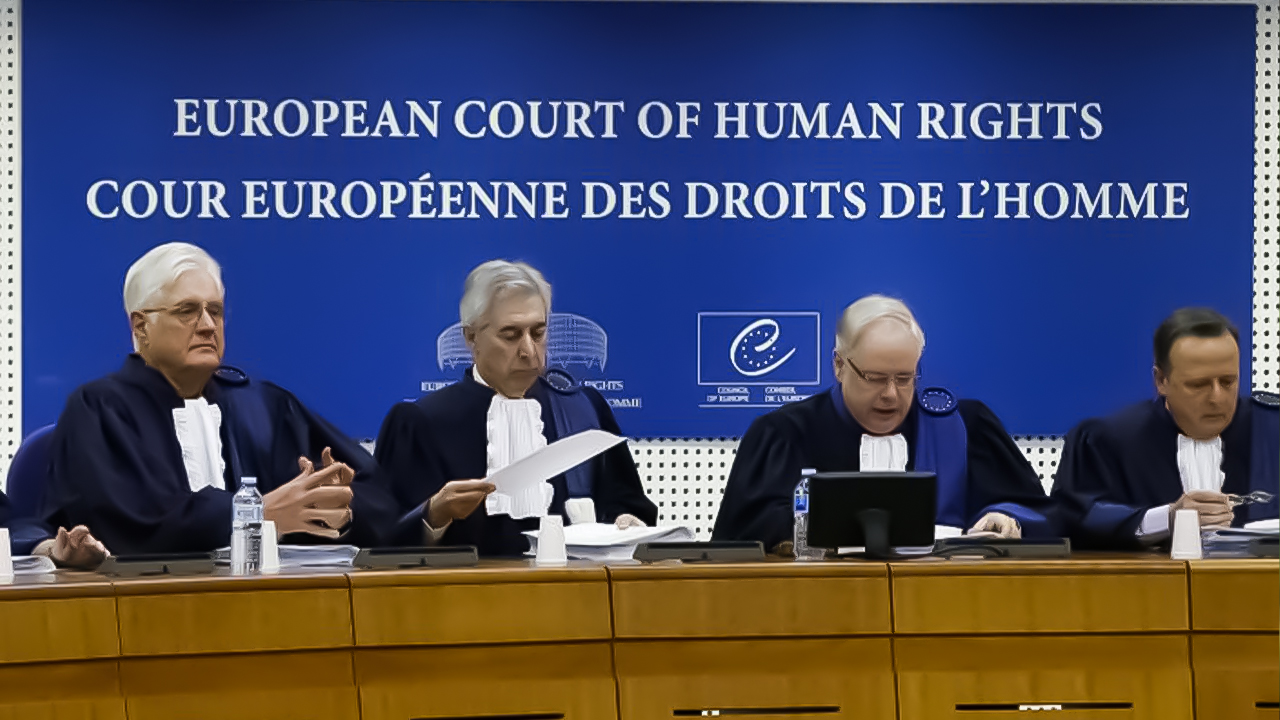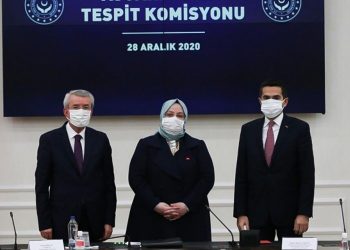Serpil Odabaşı
Serpil Odabaşi considers the hardships faced by Um Hiba, one of 6,000 Yazidis who were captured by members of the Islamic State of Iraq and Syria (ISIS). She is one of those who could be considered ‘lucky’ for she survived whilst thousands of others were brutally murdered.
Um Hiba (16) is one of 6,000 Yazidis who were captured by members of the Islamic State of Iraq and Syria (ISIS). She is one of those who could be considered ‘lucky’ for she survived whilst thousands of others were brutally murdered. When ISIS occupied Sinjar and captured Um Hiba, she was married and pregnant.
Um gained her freedom in 2017, but she finds that her society does not accept her and her child. They call her child ‘the daughter of ISIS’ and she is told: either leave her, or we will set your tent on fire, and you will die together.
According to a report published by Yeni Özgür Politika, there is fire everywhere in the world. Fires that encircle, burn, scorch, leave without breath, and suffocate. Fires of poverty, epidemics, and attacks on identities. Each fire affects those around it: a disaster always affects its nearest victim. With the pandemic, humans have once again faced helplessness, especially the lonely ones, the homeless, and the poor.
As Agamben pointed out: “Now the flames changed their shape and nature: they became digital, invisible, and cold. But exactly for this reason, they are closer to us and surround us at every moment”. On 25 November, the International Day for the Elimination of Violence against Women, I wish to attribute this article to the women who have become the victims of ISIS terrorism. The Yazidi Genocide is one of the thousand fires. According to the reports of human rights organizations, more than 3,000 Yazidi women and children are still missing and their fate is unknown.
They suffered one of the worst genocides of the past half century just because they were Yazidis. When ISIS invaded Sinjar in 2014, it killed 10,000 people, mostly men and children over 12 years old. Mass graves were found in the area; seven thousand women and children were abducted, these people were sold as slaves, subjected to violence and raped. Only a few faces of the thousands were able to return to their homes with deep, permanent scars and traumas.
According to information presented in the ‘Yazidi Case’ report, ISIS divided the Yazidis into three groups:
– The first group included young women and little girls: they kidnapped this group to enslave and rape them.
– The second group were underage Yazidi children who were forced into the ISIS ranks to be militarized.
– The third group were the elderly people and all the adult males who were murdered.
One of the captured women was an ice-blue woman, Um Hiba. I came across Um Hiba in a Jane Arraf interview I heard on National Public Radio. This is not her real name. It means ‘Hiba’s mother’ in Arabic. As I read her story, I was thinking about how she could bear all of those horrors: “What if it was me? If it were us? Is it just a coincidence not to be Um Hiba? I see that she cannot endure all these experiences? What’s the limit for it? What is the upper limit of being tested?”
She and her husband tried to escape together with thousands of people. Hungry, thirsty, they climbed mountains where there was no shade. Then, unable to bear it, they climbed down from the mountain but were captured. The women were put in a separate vehicle. After that day, Um never heard any news about her husband.
“They beat us with guns, sticks, boots, and anything they had until I started bleeding, and the baby was gone”, she recounted. A blue woman who lost her love and faith towards the world, towards herself, her face turned blue, to ice-blue.
For a moment, I think of the ‘Aliens’ described by Stephen Hawking, who are cruel, brutal, and far more powerful than humans taking over the world and the so-called ‘civilization’. They burn, demolish and break into pieces. Thousands of people are fleeing to the mountains, thousands of them are dying, being captured. Every time the aliens move their massive bodies, the earth shakes. There are no saviours, no gods. Um miscarries her baby, while blood drips from her skirt, her body is stiff full of fear and pain and she is unable to look at the Aliens whose mouths are drooling, and whose language she does not understand.
“The ISIS filled buses to sell women and little girls in different cities”, she says. Her ice-blue hands, ice blue knees, even her fingers ice-blue. She was raped repeatedly. She got pregnant from an ISIS terrorist. She wanted to protect her baby, afraid he would kill her. Um achieved her freedom in 2017, but now, as noted, her society shuns her and does not accept her or her child. They call her child ‘the daughter of ISIS’. They threaten her: either leave her, or we will set your tent on fire, and you will die together. Um finally agrees to give her child up to an aid organization.
She is illiterate; she does not even know what she accepts, does not know when she can see her child again. She says she saw women carrying their children while shopping. “I would love to play with my child, to smell her”, she says.
I remember the Eziyet: if I remember correctly, her daughter was three or four years-old when she came to the Ankara Turkey Human Rights Foundation in 1999. “Eziyet” (which means suffering in Turkish) was the name given to her daughter by this Kurdish mother who became pregnant in detention. Hiba had also become an ‘Eziyet’ to her mother. Her family and siblings humiliate Um. Whilst playing with the neighbour’s daughter, she absently calls her Hiba. When she calls the child by her own daughter’s name, the child’s mother says that her daughter does not want to play with her and takes the child away.
Whilst it is a miracle to survive after all this pain, she gets exhausted by also having to pay this price afterwards. Um decides to kill herself, thinks of jumping in front of cars first, but is terrified of that, so she finds rat poison and locks herself in a kitchen. Um’s suicide attempt fails with her friend’s screams and intervention. “Have you lost your mind?”, she is told. She answers: “If a mother is alive and cannot see or touch her daughter, why did God give us the love of a child?”
I’m asking, too: why did God leave you in those mountains, to those fires, why were you abandoned? Why did not a hand reach out from the heavens, and why didn’t it protect you?

















